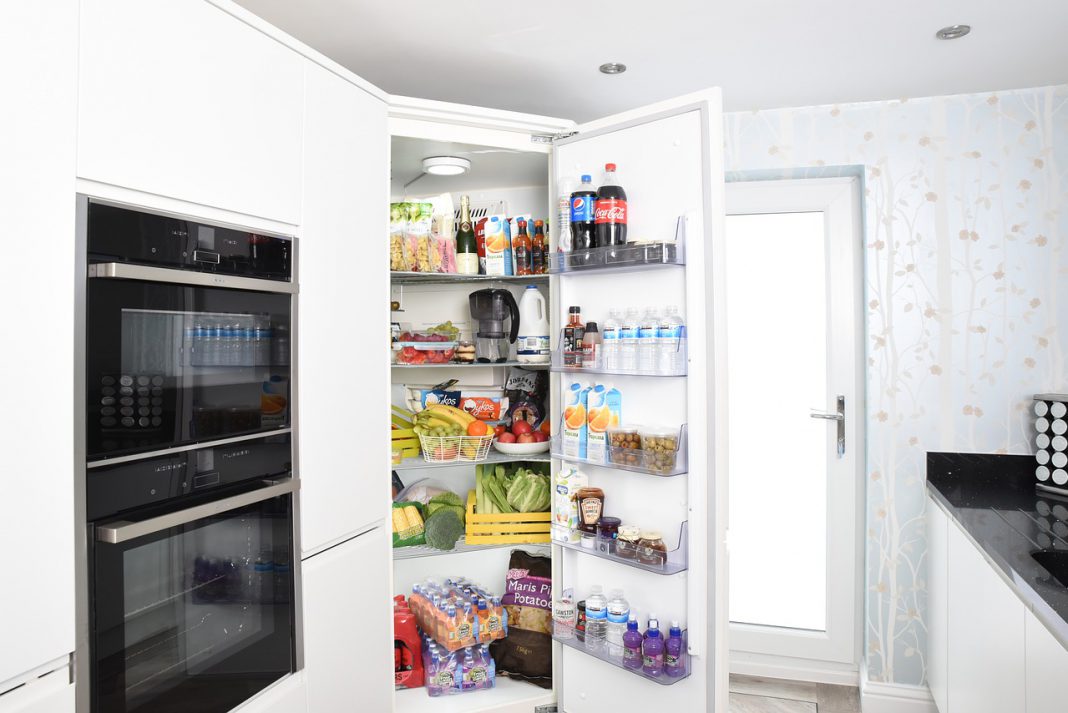As a result of recent severe weather conditions, several communities have been affected by power outages. Public Health Sudbury & Districts is offering the following food safety tips to affected residents.
- During a power outage avoid opening refrigerators and freezers unless absolutely necessary. A full freezer will keep food frozen for approximately 48 hours, while a freezer that is half full will keep food frozen for about 24 hours. An unopened refrigerator will keep food cold for approximately 4 hours.
- If a power outage is expected to last for a long period of time, consider taking your food to a nearby friend or family member’s house that is unaffected by the power outage to keep it cold.
- After a power outage, carefully inspect all hazardous food items. Do not consume any food you think might not be safe.
- Discard any food items in the refrigerator or freezer that have come in contact with raw meat juices.
- Discard perishable foods such as milk and milk products, eggs, meat, poultry, fish and shellfish that have been unrefrigerated for more than 2 hours. Discard any food with an unusual odour or texture.
- Partial thawing and refreezing may reduce the quality of some food, but the food will remain safe to eat as long as the food still contains ice crystals or is at or below 4°C.
- If a food storage area is flooded, only undamaged, commercially-prepared foods in sealed, unopened, airtight, waterproof cans, jars, or waterproof pouches are entirely safe to use. However, these cans, jars or pouches must be carefully inspected, cleaned, and disinfected before use.
- Keep in mind that food contaminated with bacteria might not look or smell spoiled—when in doubt, throw it out!
For more information on what to do with your food during and after an emergency, visit the Canadian Food Inspection Agency’s website on Food Safety in an Emergency, or call Public Health Sudbury & Districts at 705.522.9200, ext. 464 (toll-free 1.866.522.9200) to speak to a public health inspector.





